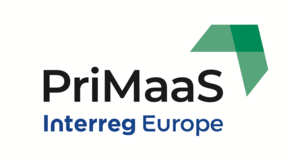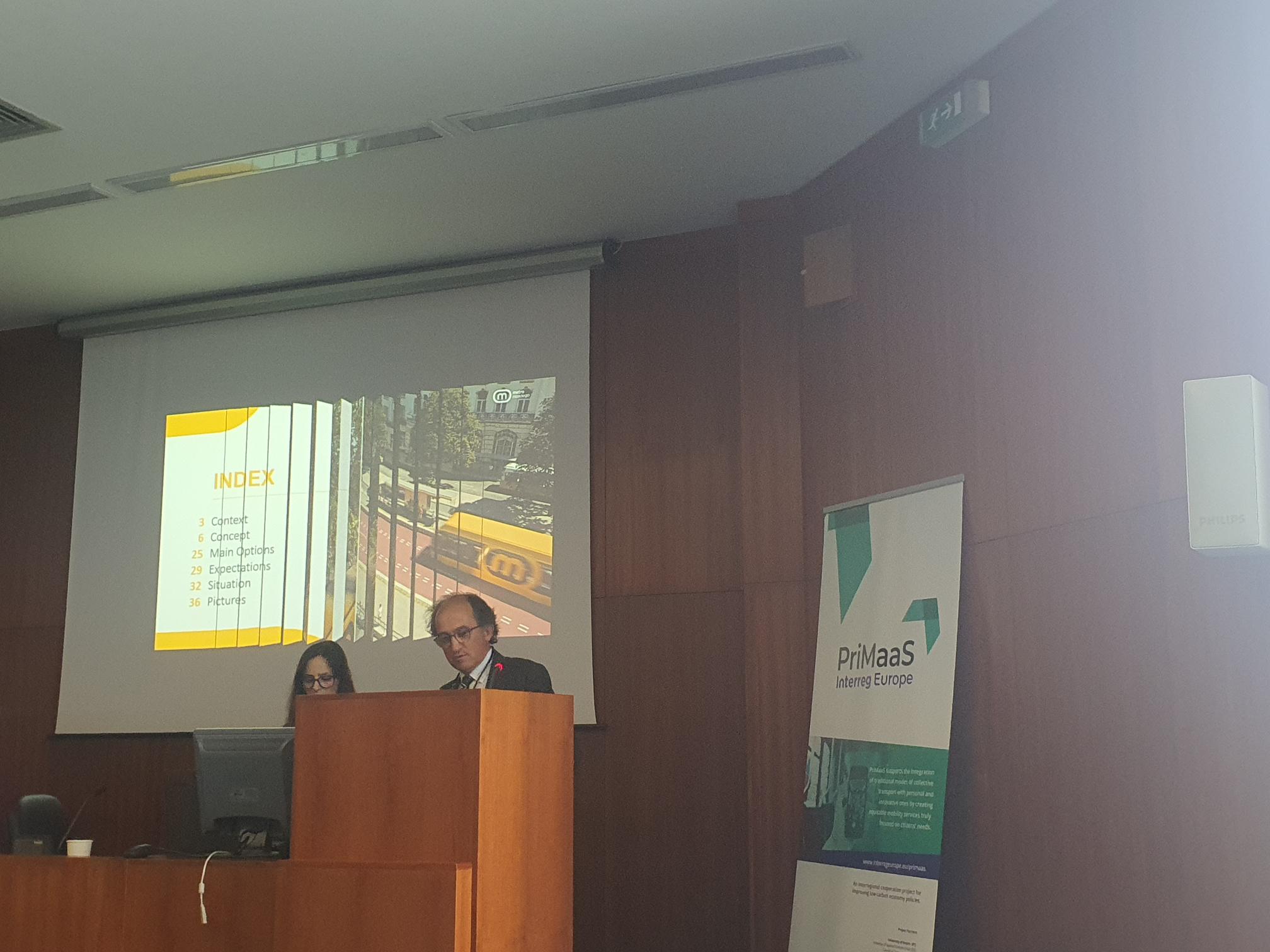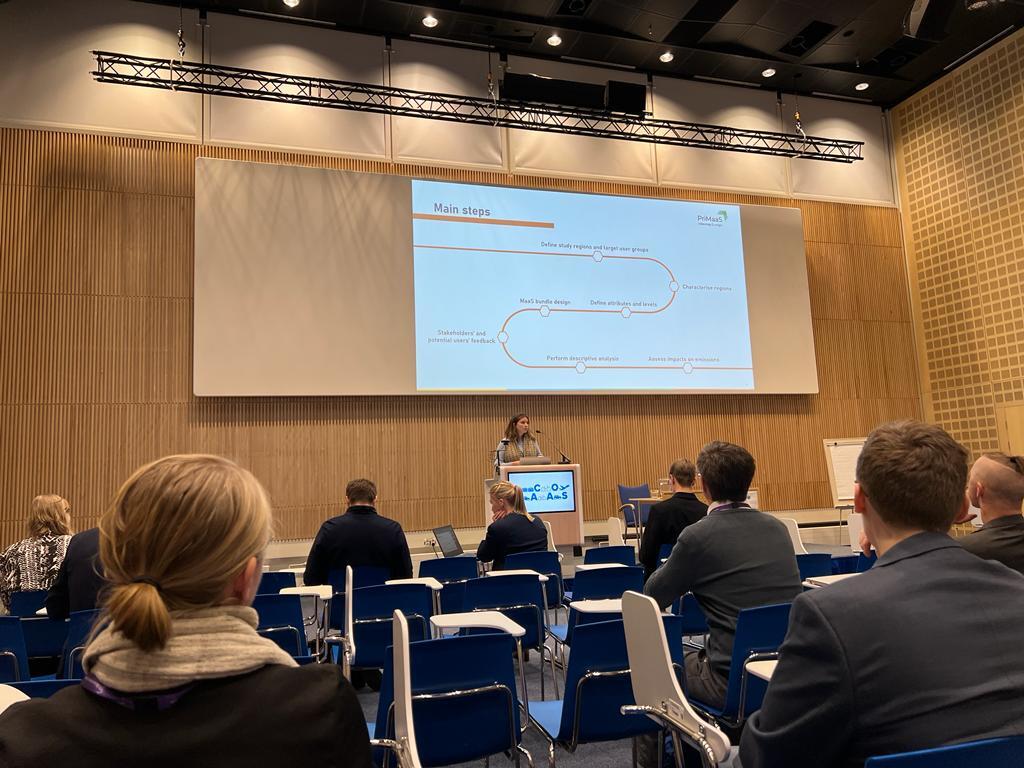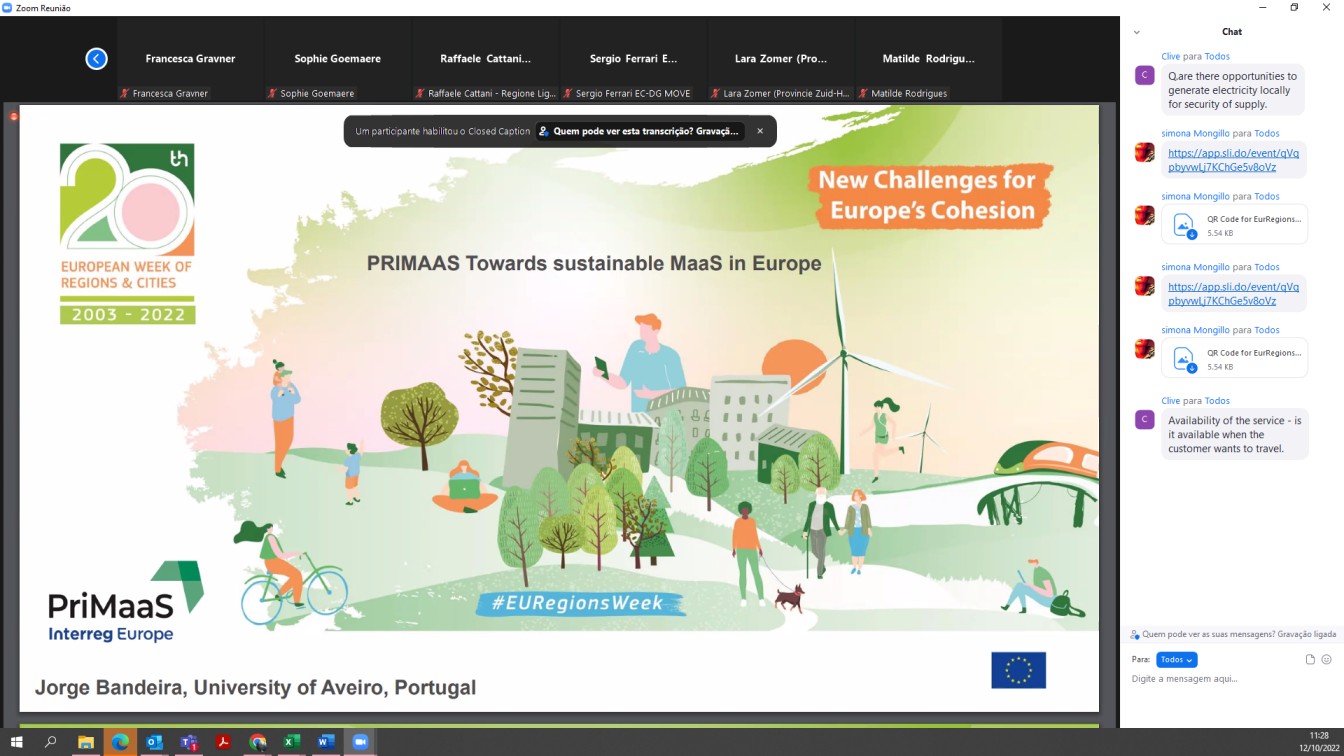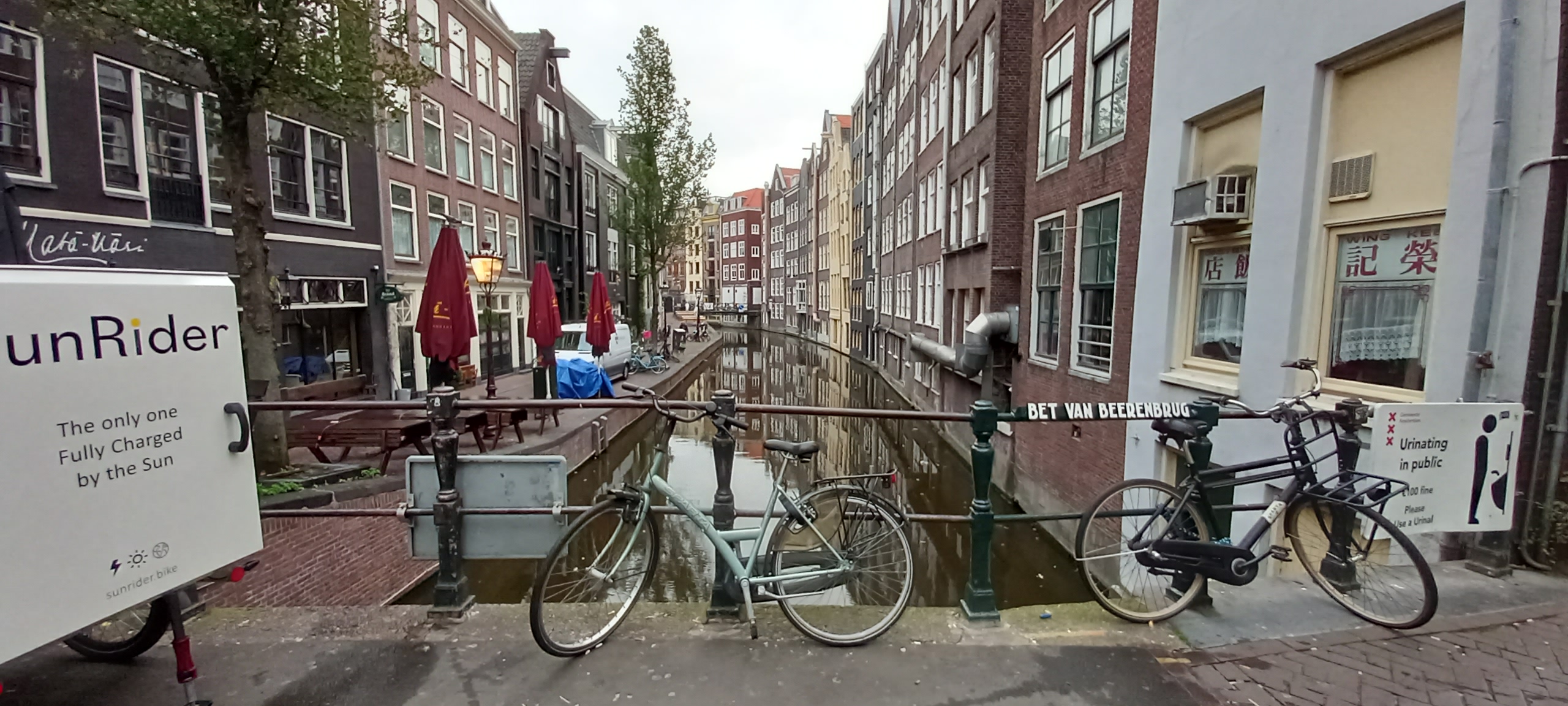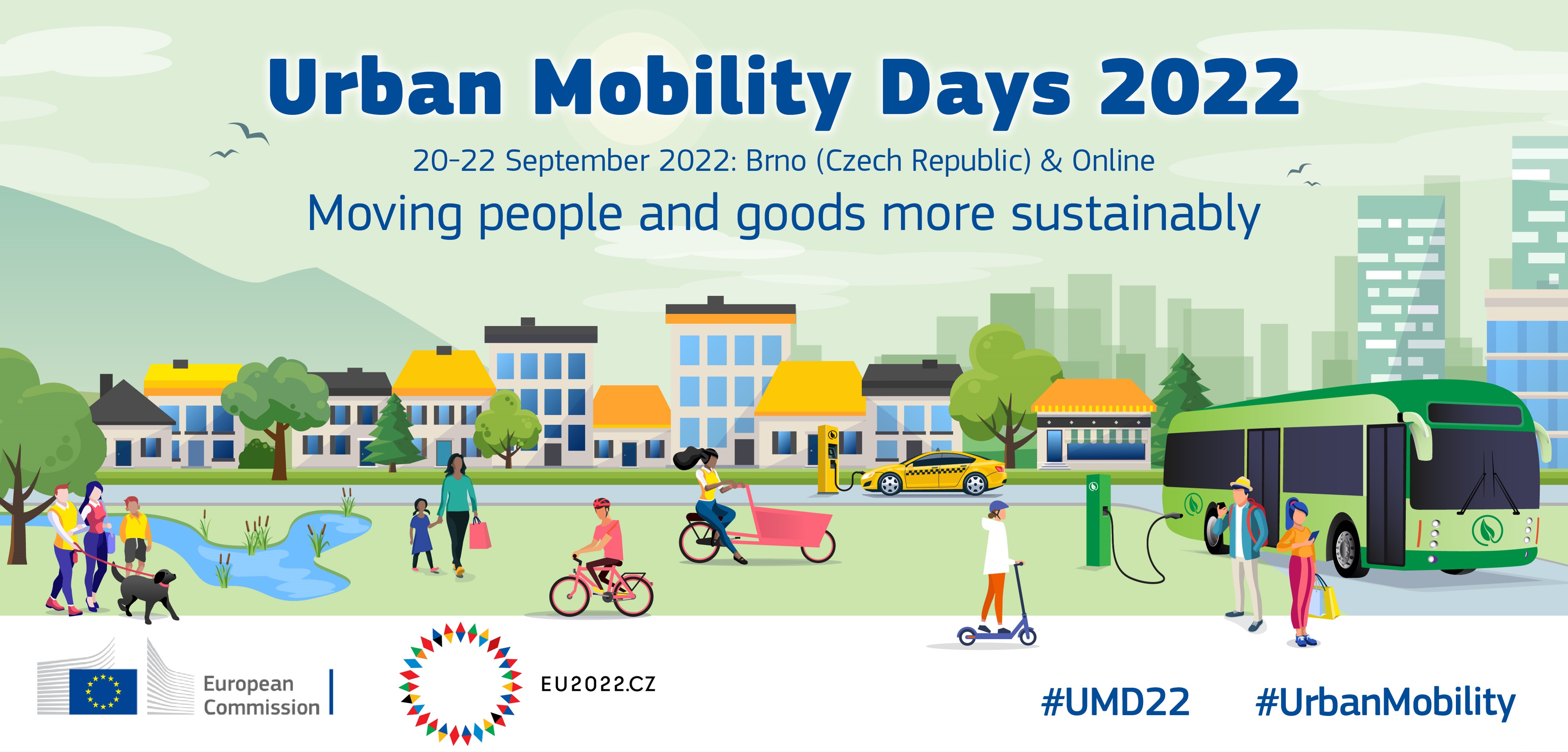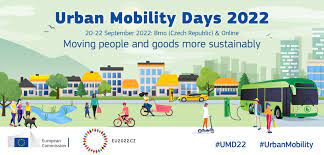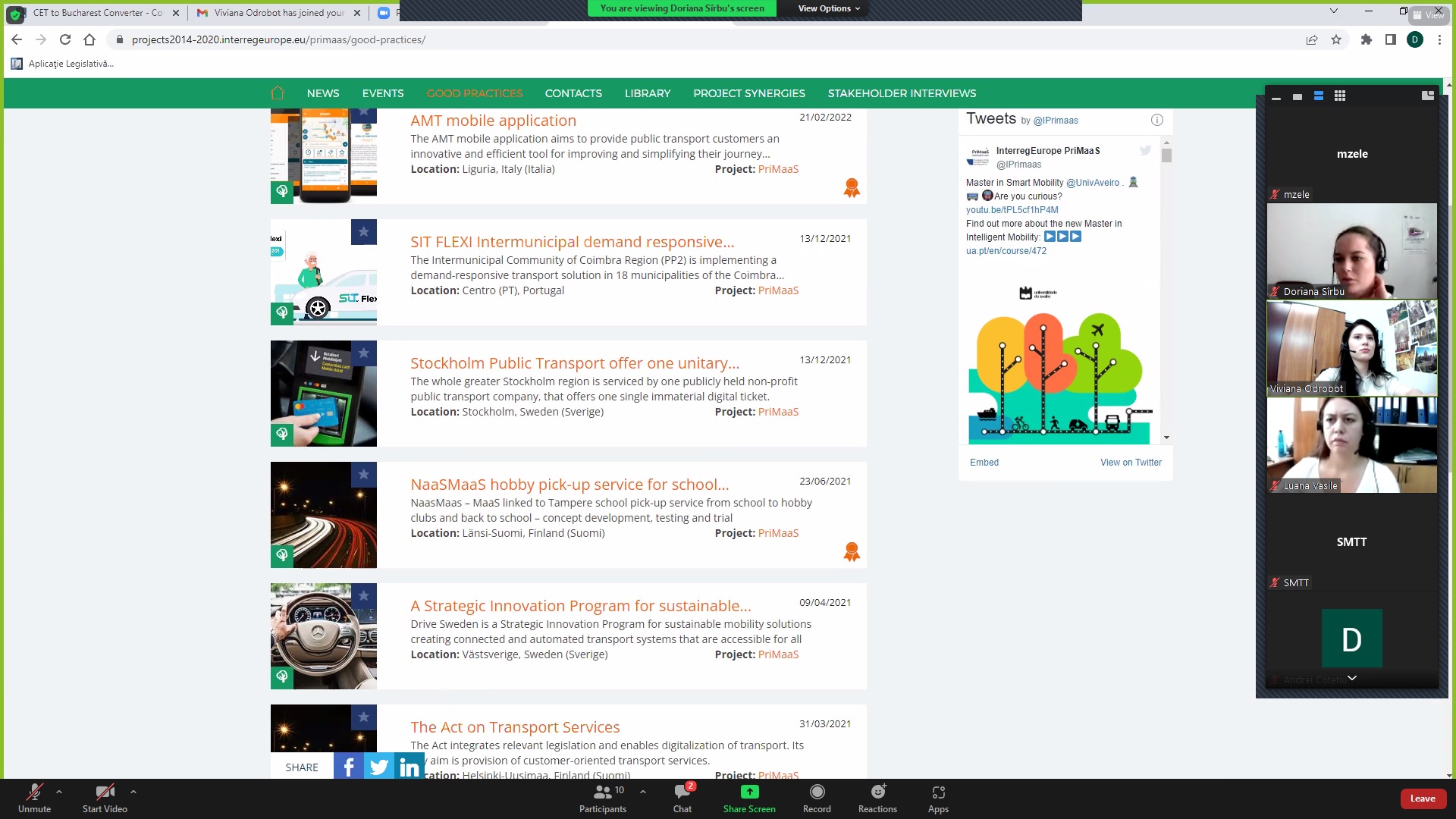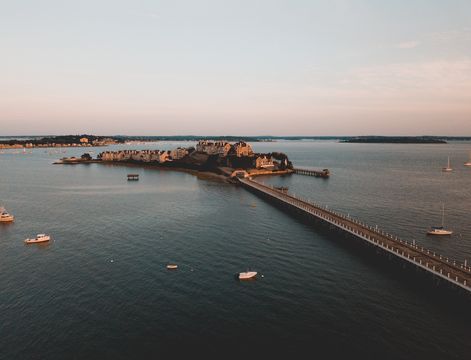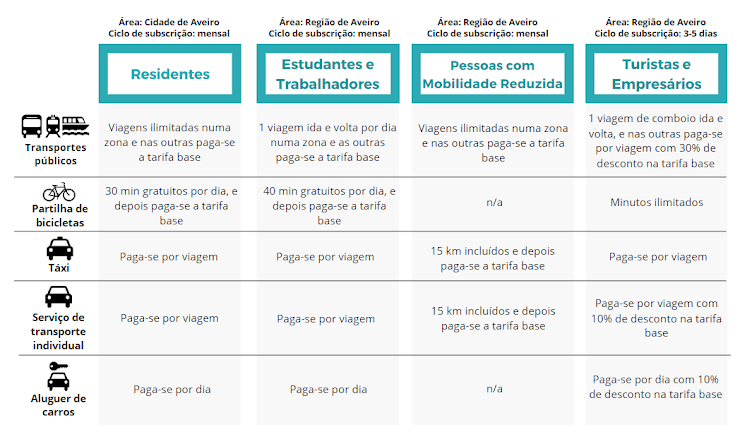On 31 January 2022, Regione Liguria and TTS Italia organised the fourth regional stakeholder group meeting (in an online format), which revolved around the exchange of good practices and project-related experiences concerning the development of MaaS-type systems and more specifically on the digitalization processes associated with Public Transport, namely electronic ticketing and services integration into the MaaS model. Moreover, Regione Liguria and TTS Italia presented the main objectives, programme requirements and the overall approach to the development of the Action Plan (AP), which will outline concrete measures on the above-mentioned topics to be implemented during Phase 2 of the PriMaaS project.
The fourth Italian Regional Stakeholders Meeting took place on 31 January 2022 as a virtual event, due to the current travel restriction imposed by the containment of COVID-19 pandemic.
The meeting was updated Italian MaaS-oriented stakeholders with work progress and intermediate results from the PriMaaS project, which was followed by engaging discussions around the MaaS and on-demand mobility topics. Thereafter, Regione Liguria and TTS Italia introduced the main objective, design requirements and the development approach to the AP. There was a high-level participation from the Italian stakeholders involved in the event.
To give a baseline framework to the development of the AP, the stakeholder meeting started with an initial presentation by Liguria Ricerche and TTS Italia on the regional policies for the mobility and transport digitalization, which was then followed by an informative overview of the AP, its objectives and requirements, as well as the potential issues to be addressed with it. Liguria Ricerche enriched the discussion by presenting the state of the art of the MaaS System in the Ligurian context and describing the opportunity given by the ROP Liguria ERDF 2014-2020, which is the regional Policy Instrument that will finance the activities foreseen by the AP.
The second part of the meeting represented a very valuable exchange of practices and experiences in sight of the forthcoming AP, with specific speeches delivered by several stakeholders, including AMT Genova, Tranzer, Liguria Digitale and Algowatt.
AMT Genova shared some relevant aspects of the development of the MaaS System within the frame of the public transport system of Liguria and for the city of Genova. A new concept of MaaS was put forward, i.e., there should be a specific MaaS System for every territory. For instance, when referring to the city of Genova, it was made clear that a to-be-developed MaaS System should take into account and adapt to the specific morphology of its territory and the associated population distribution.
Moreover, AMT emphasised that MaaS should not be regard as a merely technological platform, but rather it reflects a more complex system based on the conjunction of six assets: transport, technology, business model, ticketing and tariffs, communication and infrastructure.
At the end of this interesting intervention, AMT presented two MaaS pilot projects which by July 2022 will be concrete: Get Up and MaaS4Italy projects.

Subsequently, Tranzer dealt with its many European experiences on MaaS, especially on the integration of services composing the MaaS offering. In this context, it was underlined that today different MaaS ecosystems exist at a local level, in which users will increasingly find an adequate and personalised response to their needs. In this framework, Tranzer reported the examples of four significant Dutch experiences on MaaS, although different from each other: 9292, Glimble, KLM and Shuttel.

Subsequently, Liguria Digitale explained what the Liguria Region’s perspective on the digitalization of transport systems is. It emerged that the Region is seriously committed on MaS; particularly, a specific reference was made to the new-born LiguriaGO platform, aiming to replace the previous one of 2004, which uses open data-based systems and no longer open source. Thus, in this context it is possible to think of a continuous evolution of the regional MaaS system over time. Furthermore, through the LiguriaGO platform, Liguria Region will be able to introduce an electronic ticketing system, in the framework of the Smart Ticket project, financed by the ROP Liguria ERDF 2014-2020.

The last speaker, AlgoWatt, presented a MaaS pilot project, namely “GetUp”, in the territory of Genova, which they are coordinating. The project, launched in July 2021, has the main purpose of collecting and analysing data on mobility, creating a functional and operational integration in a MaaS platform and offering services for users suited to their needs. GetUp’s goal is to integrate combined mobility services, involving both local public transport in its entirety (e.g., by road, rail, sea, vertical services) and by collaborating with some private entities (e.g. Duferco energy and bike sharing services).

